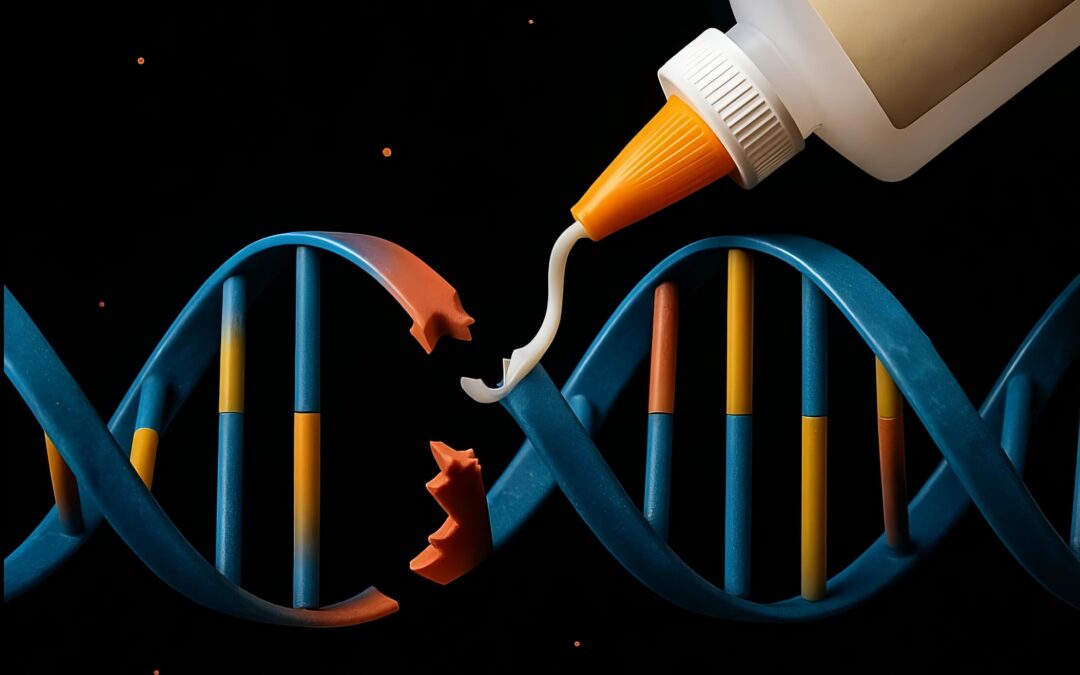Scientists say they have a way to repair aging DNA and possibly prevent brain cell death.
Scientists at Macquarie University have uncovered a powerful role for a naturally occurring protein called disulphide isomerase (PDI), revealing it as a key player in slowing biological aging and protecting brain cells.
Commonly found in the fluid surrounding cell structures, PDI has now been shown to enter the cell nucleus and repair damaged DNA-a function critical for preventing neurodegenerative conditions like Alzheimer’s, Parkinson’s, and motor neuron disease (MND).
The research, published in Aging Cell, suggests PDI works like a molecular glue, patching breaks in DNA strands that accumulate with age and environmental stressors.
Crucially, this breakthrough may lead to new gene therapies or mRNA treatments that activate PDI in targeted ways. In zebrafish, increased PDI activity shielded against normal age-related DNA damage, and in human and mouse cells, it restored the ability to self-repair. While PDI could revolutionize treatment for aging and neurodegenerative diseases, it also plays a darker role in cancer, where it can protect tumors from chemotherapy. The researchers are now investigating how to fine-tune PDI’s actions to protect healthy cells while making cancer cells more vulnerable.
Source: https://onlinelibrary.wiley.com/

